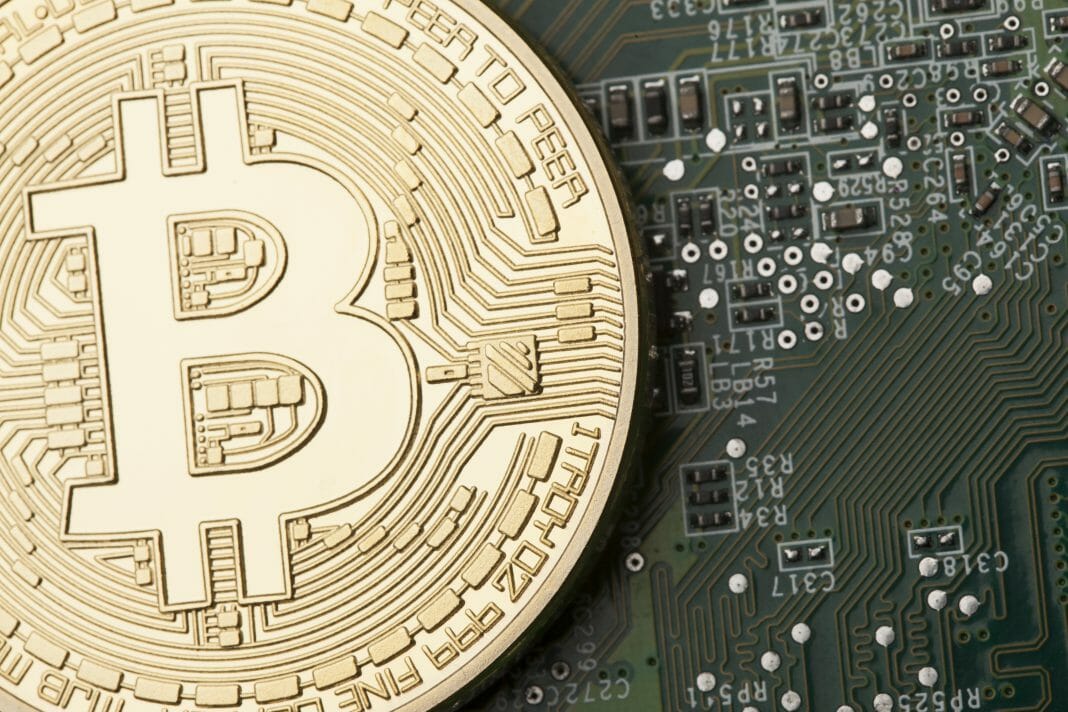Financial inclusion would allow individuals to conduct their transactions easily. More than 30% of the world’s population is unbanked.
Recently, a representative of the cryptocurrency world raised the subject of the “unbanked.” He explained how it has come to designate those people who are not included in the traditional financial system.
Vinny Lingham, South African co-founder of the Civic project, shows that the problem of the unbanked is that individuals face difficulty in conducting their transactions.
He considers that it is necessary to stop using the term “unbanked” as people cannot assume that a functioning bank account is what makes them useful to society. He highlights that every human being needs to have the possibility of making transactions effortlessly.
However, the problem goes beyond the people who do not have access to a bank account. It is worth noting that, in the traditional financial system, an unbanked person does not have access to credits, savings systems and the relative security these offer.
A significant part of the world’s adult population is unbanked, which the World Bank estimated at 31% for 2017. Developing countries show the highest numbers of unbanked citizens, as well as the malfunction of problems with basic services and the registration of identity.
Apart from affecting the individual’s economy, this problem also threatens the centralized system on which the banking system operates. Individuals seek a way to simplify their transactions and provide their homes with liquidity. Likewise, some small and medium-sized companies seek alternatives to the traditional credit system, and so they have resorted to the Alternative Fixed Income Market (AFIM), investment funds specialized in companies without access to capital markets, or private investors (business angels). However, a solution that is also available to both individuals and businesses is that of cryptocurrencies.
A payment system such as Bitcoin allows individuals to make transactions more easily, through a device in which a cryptocurrency wallet can be installed and the network can be accessed to request the confirmation of transactions. Similarly, cryptocurrencies are used as both a store of value and an investment. Besides, the blockchain is not only a ledger in which transactions are recorded, but also support to record the identity of individuals, the information about products to optimize the supply chain, and even to improve the transparency of voting systems.
Lingham explains that saying “financial inclusion” would be more accurate than using the term “unbanked.” He explains that, as new financial rails will be built on cryptocurrencies, it is completely reasonable to assume that most “unbanked” people will never have a bank account, but they can be included financially.
Cryptocurrencies will become a tool for financial inclusion only if individuals have access to the Internet and mobile devices. Similarly, it is necessary to prevent individuals from scams aimed at taking advantage of their ignorance and to teach them that cryptocurrency volatility is a symptom of markets still under construction and consolidation. This way, the body of opinion that the traditional financial system has produced, by stating that “Bitcoin is dead” or that it is a financial bubble, could be dismantled.
The threat of cryptocurrencies to the traditional financial system is so big that many banks worldwide are already using cryptocurrency technology to optimize services such as cross-border payments. However, the foundations of the new financial system may be laid so that it will not be necessary to have intermediaries that reduce individuals’ control over their money.
By Willmen Blanco











